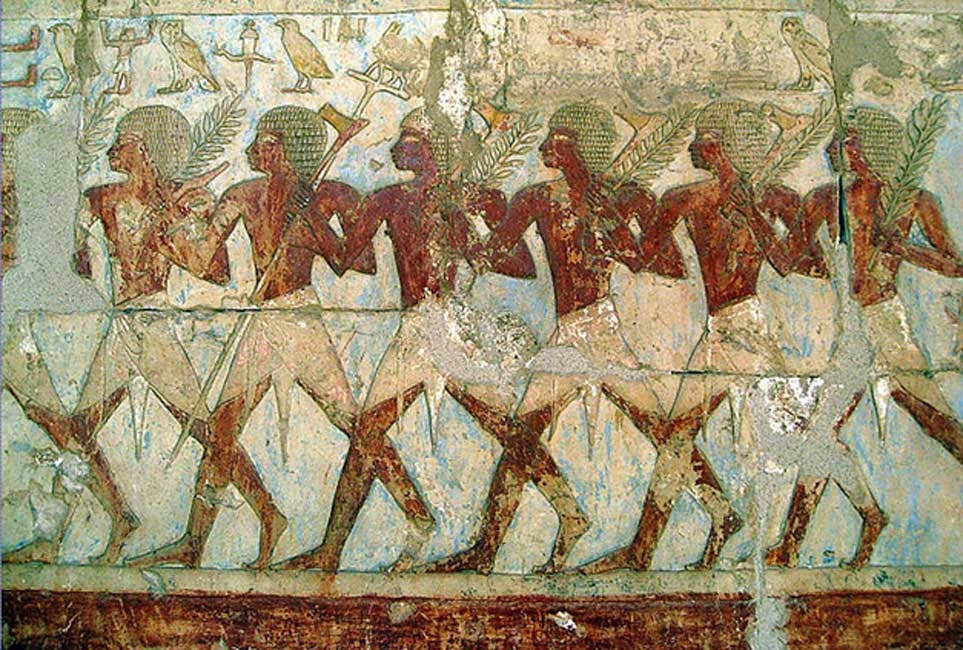The Shipwrecked Sailor & the Gold Serpent of Real Lapis Lazuli
Note: Although written in past tense, many Egyptians thought their creation myths were happening in the now.
Of all Egyptian creation/origin stories, and in this case perhaps a double origin story, the Tale of the Shipwrecked Sailor is among the most fascinating. It brings up the Land of Punt, a land somewhere in East Africa, perhaps Somalia or Eritrea, much venerated by Pharaohs and Egyptian religious leaders.
Then he laughed at me for what I had said
In his opinion foolishly.
He said to me:
You do not have much myrrh,
Although you become an owner of incense.
I am, sir, the Prince of Punt.
Myrth belongs to me.
That oil which you said will be brought,
It is the main product of this island!
The shipwrecked sailor speaks these words, recounting his experience to a scribe of what the serpent had said to him. The body of the serpent is “covered with gold” and its eyebrows were of “real lapis lazuli.” The serpent was withdrawn, or coiled up in-front. (Noah’s Ark from the Bible uses similar measurement).
In a bizarre but alluring conversation, the serpent and sailor befriend one another with the serpent providing the sailor with a cornucopia of all the finest products in Egypt: ivory tusks, giraffe tails, large cakes of incenses, baboons. Even a good word with the Sovereign, who is said to live in a faraway Residence that requires 2 months sailing.
For his part, the sailor states he had been a crewman in a ship 120 cubits long and 40 wide with 120 sailors who were “from the best of Egypt.” (The length here being 3x the width).
Whether they looked at the sky or looked at the land,
Their hearts were braver than lions.
They could tell a storm before it came,
Each one of them, his heart was braver,
And his arm more valiant than his companions,
There was no fool among them.
While on his way to the “mining country,” a severe storm destroyed his ship, destroyed his crew except him, and by some grace he was washed upon an island on the Great Green and provided with some provisions. (Scholars debate about what ‘Great Green" represents, some say Red Sea some say Nile).
The story ends on a super upbeat note, with the Serpent informing the sailor that his people are on the way, in great number and with a new ship, but he is commanded to wash hands and offer words of praise to the King. Sayteh the Serpent:
Speech of a man can save him
Speak to the King with confidence…words can cause indulgence for you!
There is one strange character in the story, a “commander” whose character is not fully fleshed out but doesn’t seem happy about the serpent or the sailor’s new friendship with him.
Read the story to make your guesses about him :)
Resources:
The Literature of Ancient Egypt by William Kelly Simpson

